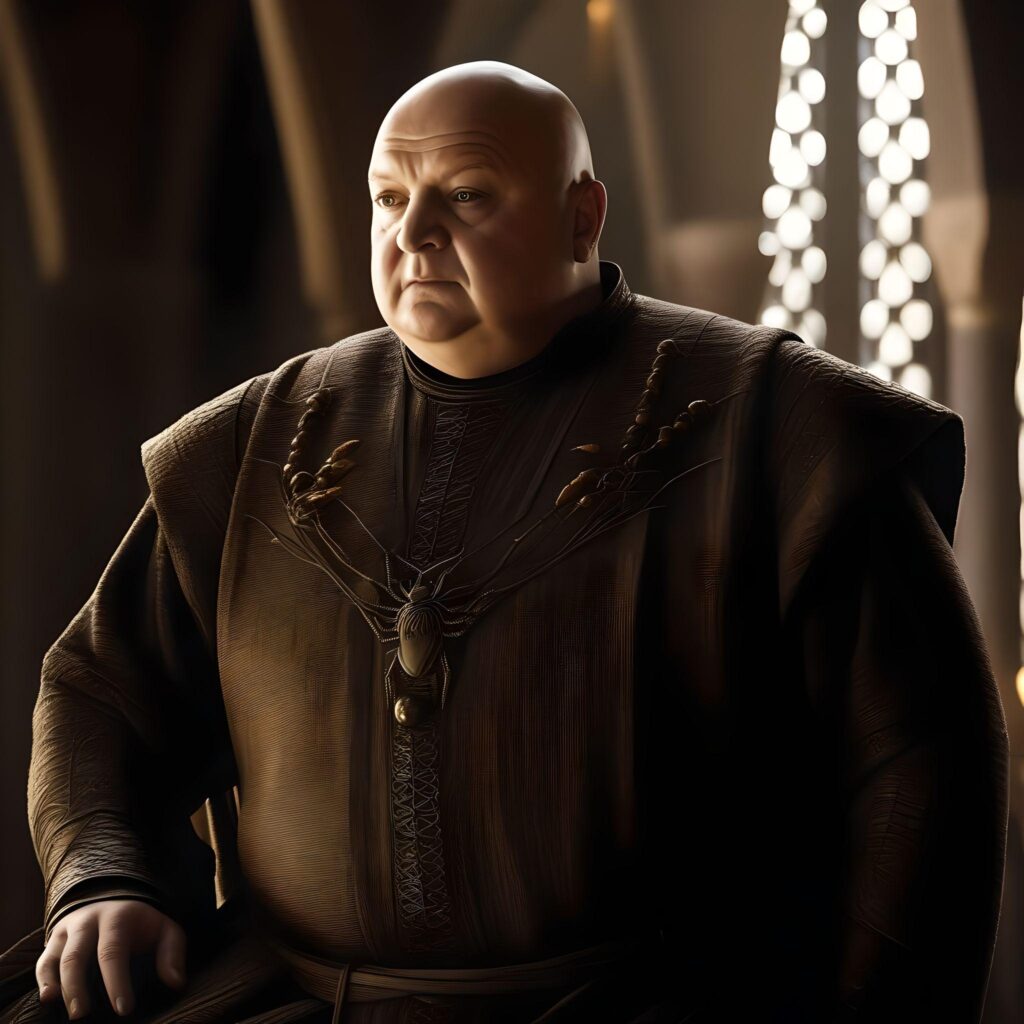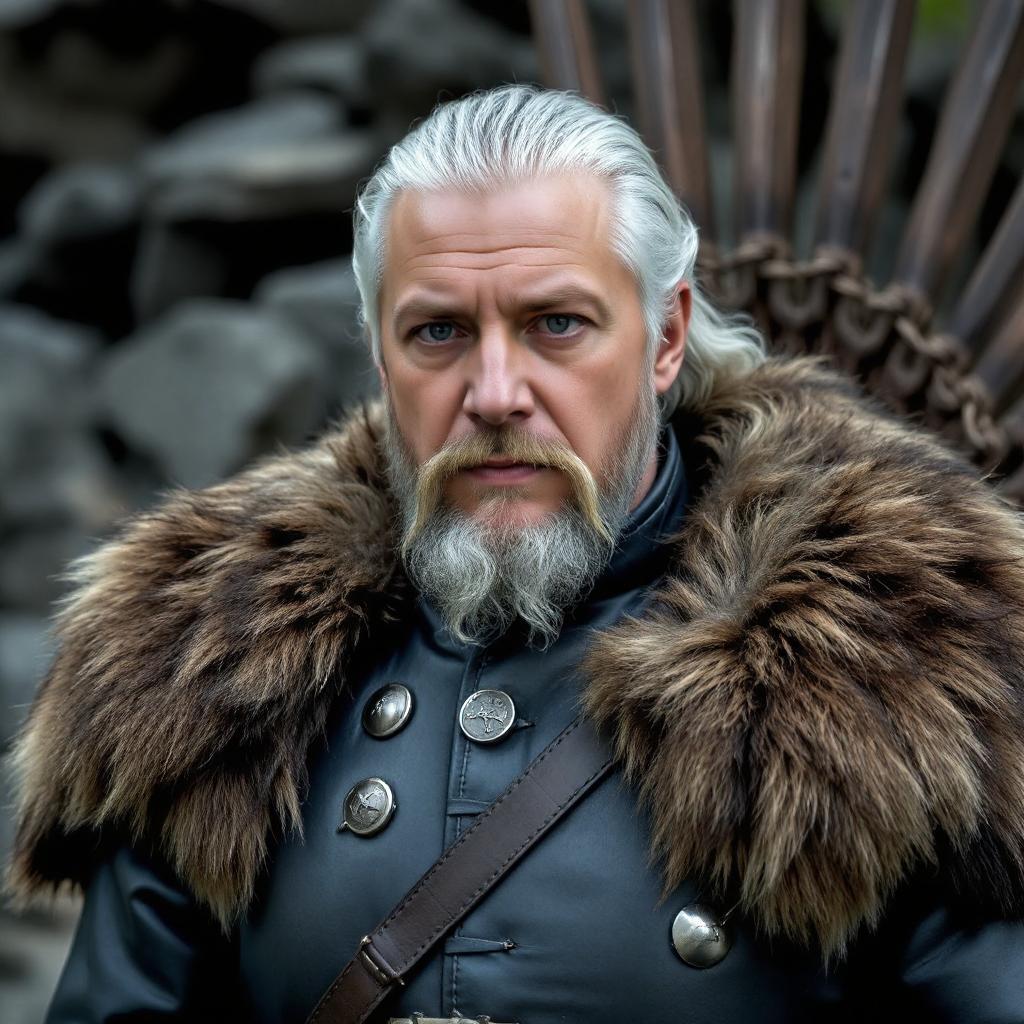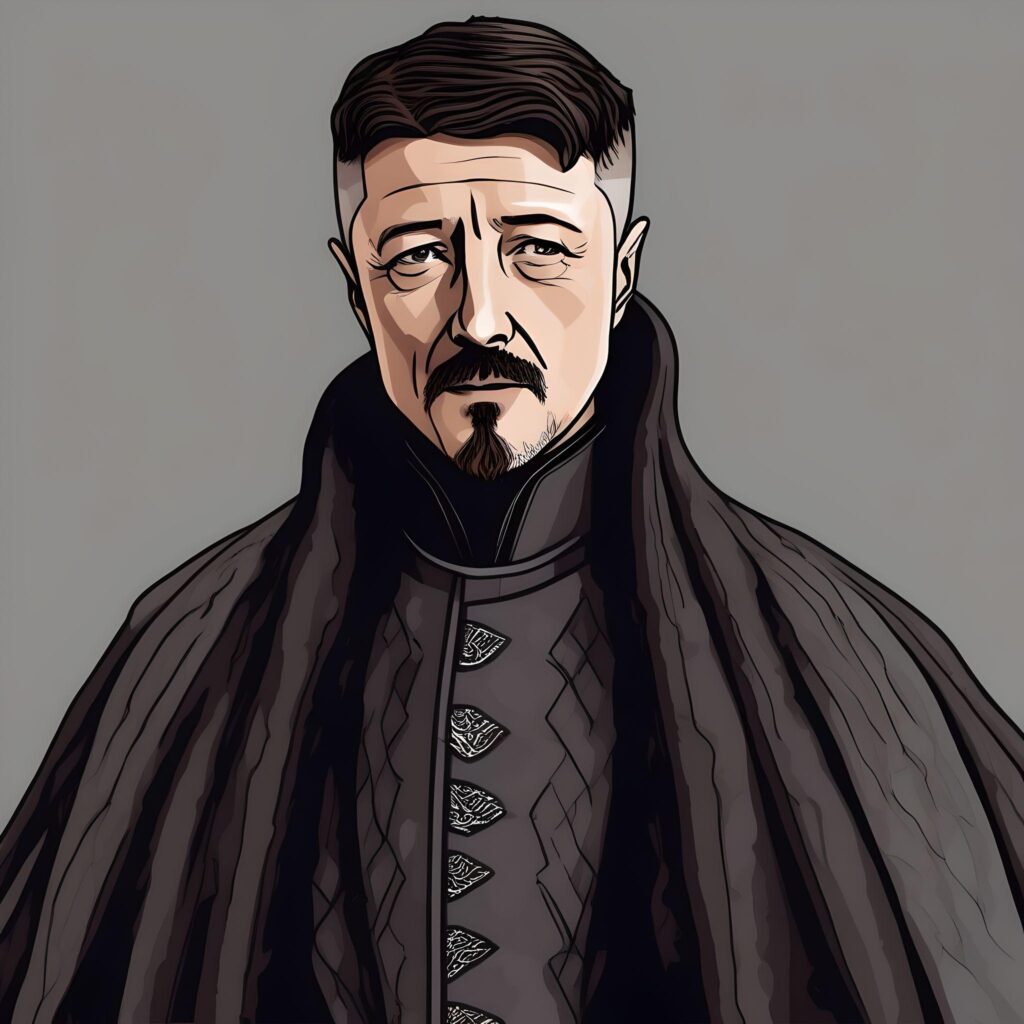Estimated Reading Time: 3 min
Analyzing fictional characters from “Game of Thrones” through the lens of psychology, particularly sadistic personality disorder and sexual deviations, can be intriguing. However, it’s important to note that these characters exist in a fictional and exaggerated medieval setting where morality, societal norms, and individual behaviors differ significantly from modern times. Below is an exploration of the top 10 “Game of Thrones” characters often associated with sadistic or deviant traits:
10. Viserys Targaryen
- Sadistic Traits: Derives pleasure from asserting dominance and controlling his sister Daenerys, often through threats and humiliation.
- Sexual Deviations: Displays an unhealthy obsession with his sister, though no explicit sexual acts occur.

9. Daenerys Targaryen (in later seasons)
- Sadistic Traits: Displays increasing cruelty and a lack of empathy, particularly in the mass destruction of King’s Landing.
- Sexual Deviations: None explicitly depicted, though her relationships are occasionally influenced by power dynamics.

8. Melisandre
- Sadistic Traits: Demonstrates cruelty under the guise of religious zeal, including burning people alive.
- Sexual Deviations: Uses sexuality as a tool for manipulation and power (e.g., seducing Stannis Baratheon).

7. Euron Greyjoy
- Sadistic Traits: Thrives on chaos and enjoys tormenting others, both physically and emotionally, to maintain power.
- Sexual Deviations: Engages in non-consensual acts and exploits his power over captives.

6. Gregor Clegane (The Mountain)
- Sadistic Traits: Sadistically enjoys inflicting pain, particularly during battles or torturous interrogations.
- Sexual Deviations: Allegedly committed rape during wartime, using violence as a tool for domination.

5. Tywin Lannister
- Sadistic Traits: Displays cold, calculated cruelty, particularly towards his children (e.g., Tyrion) and his enemies.
- Sexual Deviations: Has no personal deviances portrayed, but his control over others’ sexual lives (e.g., Tyrion’s relationships) reflects dominance.

4. Petyr Baelish (Littlefinger)
- Sadistic Traits: Emotionally manipulative and enjoys wielding power over others’ lives, often leading to devastating consequences.
- Sexual Deviations: Manages brothels and uses them for his political machinations, objectifying and exploiting sex workers.

3. Cersei Lannister
- Sadistic Traits: Displays manipulative tendencies and enjoys asserting power over her enemies, particularly through psychological manipulation.
- Sexual Deviations: Incestuous relationship with her brother Jaime, though consensual, is considered deviant by societal norms.

2. Ramsay Bolton
- Sadistic Traits: Takes pleasure in torturing and mutilating victims, like Theon Greyjoy (turning him into “Reek”) and hunting women for sport.
- Sexual Deviations: Engages in non-consensual acts, using fear and domination as tools of control.

1. Joffrey Baratheon
- Sadistic Traits: Derives pleasure from inflicting pain on others, both physically and emotionally, including ordering executions and tormenting his subjects.
- Sexual Deviations: Displays disturbing behaviors, such as deriving satisfaction from cruelty, particularly towards Sansa Stark and Ros.

Caveats and Ethical Considerations:
- The above analysis is purely fictional and not a clinical diagnosis.
- Traits attributed to these characters are dramatized for storytelling and may not align with real-world psychological conditions.
- “Game of Thrones” reflects a brutal, power-driven world that exaggerates human behaviors for narrative impact.
